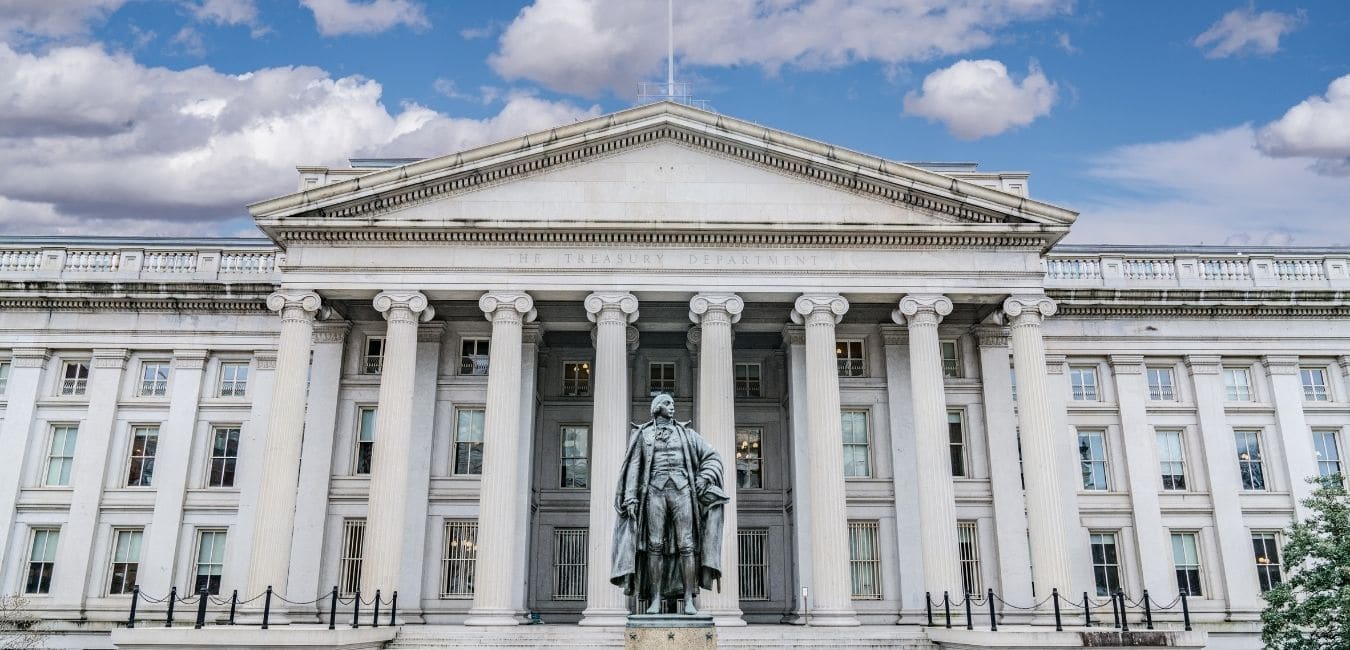Since taking office, President Joe Biden has announced a number of tax proposals intended to fund the $1.8 trillion American Families Plan—which allocates funds for childcare, paid family leaves, and educational programs. If this plan goes into effect, it could directly impact both big and small investment property owners. The tax hike would be a direct result of Biden’s intention to remove a real estate investor’s right to defer taxes on property gains over $500,000 per transaction.
Halting Like-King Exchanges
This plan would halt a trusted strategy known as 1031—or “like-kind”—exchanges, named for Section 1031 under the Internal revenue Code, which allows investors to defer capital gains taxes on real estate by carrying profits over to their next property purchase of like-kind properties (i.e. one apartment building for another, one rental house for another, etc).
A 1031 exchange is allowed if the replacement property is identified within 45 days of closing on the sale of the first property. Under current law, real estate investors can implement 1031 exchanges, for the duration of their lifetime, to buy and sell a property and defer capital gains taxes. These exchanges may also be passed on to heirs or inheritors of the estate tax-free, in the event of death. Many smaller investors typically execute these exchanges to benefit their investments in multi-family properties and single-family rentals.

$40 Billion in Taxes Saved…No More
In November 2020, the Congressional Joint Committee on Taxation estimated that between 2020-2024, like-kind exchanges could save investors more than $40 billion in taxes if the current law remains unchanged. Additionally, a survey conducted in 2020 by the National Association of Realtors discovered that around 12% of real estate sales were part of a 1031 exchange between 2016-2019. Of those sales, 84% involved small investors, proprietorships, and S corporations.
How Will It Effect Investors?
Consider this – An investor owns a four-plex worth $1,200,000 today, but purchased it 30-years ago for $150,000. After depreciation, the basis is only about $40,000, essentially the original value of the land. In this case, the investor would have to pay taxes on $660,000 while $540,000 is exempt from those taxes. However, under Biden’s new plan, the investor would be required to pay those taxes on the profit above the $500,000 exemption.
Such a drastic hit in taxes would make it difficult for adult investors reaching retirement age to exchange their homes for a property with much less maintenance and management headaches, which can lead to an increase in rent pricing. In all probability, this could lead to an increase in rent pricing for small businesses as a direct result of landlords attempting to recoup losses.
A coalition of trade associations, including the Mortgage Bankers Association and the National Association of Realtors, has submitted a letter to Senate Finance, the House Ways and Means Committee, and Treasury Secretary Janet Yellin to assert just how important 1031 exchanges are to the U.S. economy, and how many livelihoods they support. In short, there are many ways in which we are trying to protect the longevity of real estate exchanges—so that they may continue to benefit the families and businesses that rely on them to prosper.
Further Questions
If you have further questions about Biden’s proposed tax plan or about 1031 Exchanges in general, feel free to give us a call at 626-551-4326 or email us at info@tfsproperties.com. We are here to support you in all areas of real estate and can help guide you along your journey.


